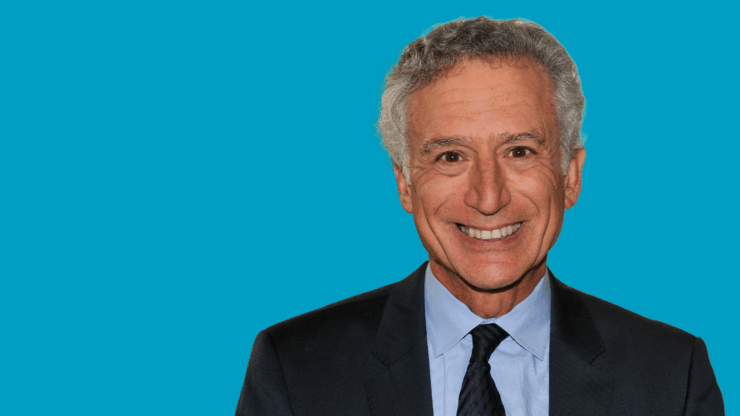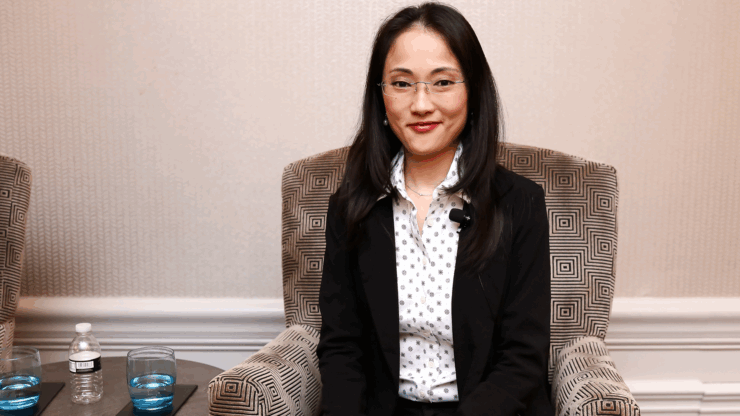
Alzheimer’s Awareness Month: Interview with the Alzheimer’s Drug Discovery Foundation (ADDF)

Presented in Partnership with the Alzheimer’s Drug Discovery Foundation
November is Alzheimer’s Awareness Month, a time to heighten awareness about Alzheimer’s disease and show support towards Americans who are living with it. Alzheimer’s disease is currently ranked as the seventh leading cause of death in the United States and is the most common cause of dementia among older adults.Although there is currently no cure to prevent, treat, or reverse the course of Alzheimer’s, medical and scientific research has progressed dramatically in the last decade and these results offer renewed hope to Alzheimer’s patients.
Join us throughout this month as experts from the Alzheimer’s Drug Discovery Foundation (ADDF), including Howard Fillit, MD, ADDF’s Co-Founder and Chief Science Officer, answer questions on this degenerative neurologic disease and current research for developing new treatments to prevent and even cure aging-related dementias.
LifeWorx: Based on current research and studies about Alzheimer’s, what do you think are the most interesting dementia research and care trends right now?
Dr. Fillit: The scientific community is researching new treatments to prevent dementia even before it starts, which are designed to target the biology of aging—changes in the body and brain that happen as we get older. Alzheimer’s is caused by a combination of changes in our aging brains: things like inflammation, decreased blood flow, inefficient use of the energy the brain needs to function, and buildup of toxic proteins that damage the brain’s nerve cells.
There are already some ways to identify these early changes, and more are on the way. A simple blood test can diagnose the presence of amyloid plaques in the brain, and another can tell us about the amount of tau tangles, two hallmarks of the disease, even before there are symptoms. We will soon have even more ways—blood tests, retinal scans, and apps on your smartphone—to diagnose the many underlying contributing causes of Alzheimer’s.
Better tools for early diagnosis and drugs in late-stage testing will soon be available and can be combined to provide personalized care for people with Alzheimer’s. Ultimately, combination therapies will be needed to effectively treat dementia. This means that we will one day be able to tailor treatment approaches to specifically address each patient’s Alzheimer’s pathology.
This is a very exciting time in the field because we know more about dementia prevention now than ever before, including how certain lifestyle interventions can help to preserve brain health.
LifeWorx: What are steps someone can take to prevent or delay the onset of dementia?
Dr. Fillit: We recommend Seven Steps for Cognitive Vitality: eat a healthy diet, get enough sleep, get enough exercise, alleviate stress, be social, keep learning, and manage chronic diseases (e.g., high blood pressure, type 2 diabetes). Together, these steps can help to protect your brain and prevent dementia. In 2020, the Lancet Commission on Dementia Prevention, Intervention and Care also reported that fully addressing 12 risk factors is thought to prevent or delay up to 40% of dementia cases.
LifeWorx: What do you want people diagnosed with Alzheimer’s to know?
Dr. Fillit: Following the Seven Steps outlined above can help to protect your brain health. As of 2021, there are also over 200 clinical trials underway testing potential treatments for Alzheimer’s disease. Joining a clinical trial gives patients the opportunity to access potentially cutting-edge treatments and help in the development of these treatments.
LifeWorx: How would you encourage families to face the stigma around Alzheimer’s and talk openly about signs or symptoms of the disease in a loved one?
Dr. Fillit: My number one prescription to help caregivers and patients alike is to reduce stress and maintain their health. Speaking openly about the situation allows you to plan appropriately and reduce stress as much as possible. Social connection also improves physical and mental health and can even strengthen the immune system, so it is important to be able to speak openly with loved ones about your situation.
LifeWorx: How can someone get involved in the ADDF?
Dr. Fillit: To stay up to date with the latest research developments and news from the ADDF, you can follow us on Twitter, LinkedIn, or Instagram. For specific information on dementia prevention and brain health, visit CognitiveVitality.org and sign up for our CognitiveVitality newsletter.
Stay tuned for our next article about the connection between diet and Alzheimer’s as part of our Alzheimer’s Awareness Month series.
Find your peace-of-mind.
Explore LifeWorx’ in-home elder care services.

















